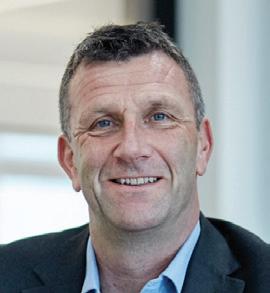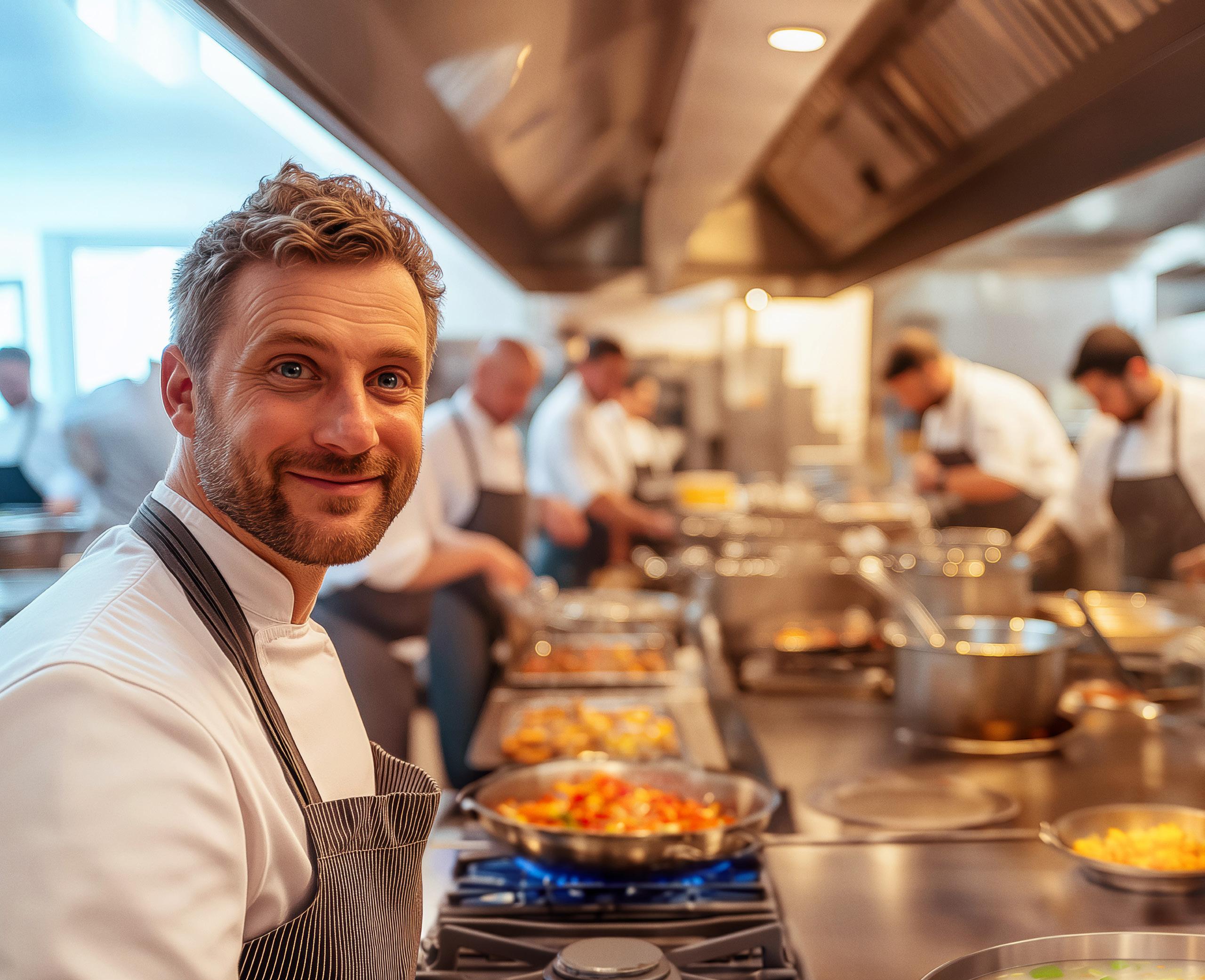
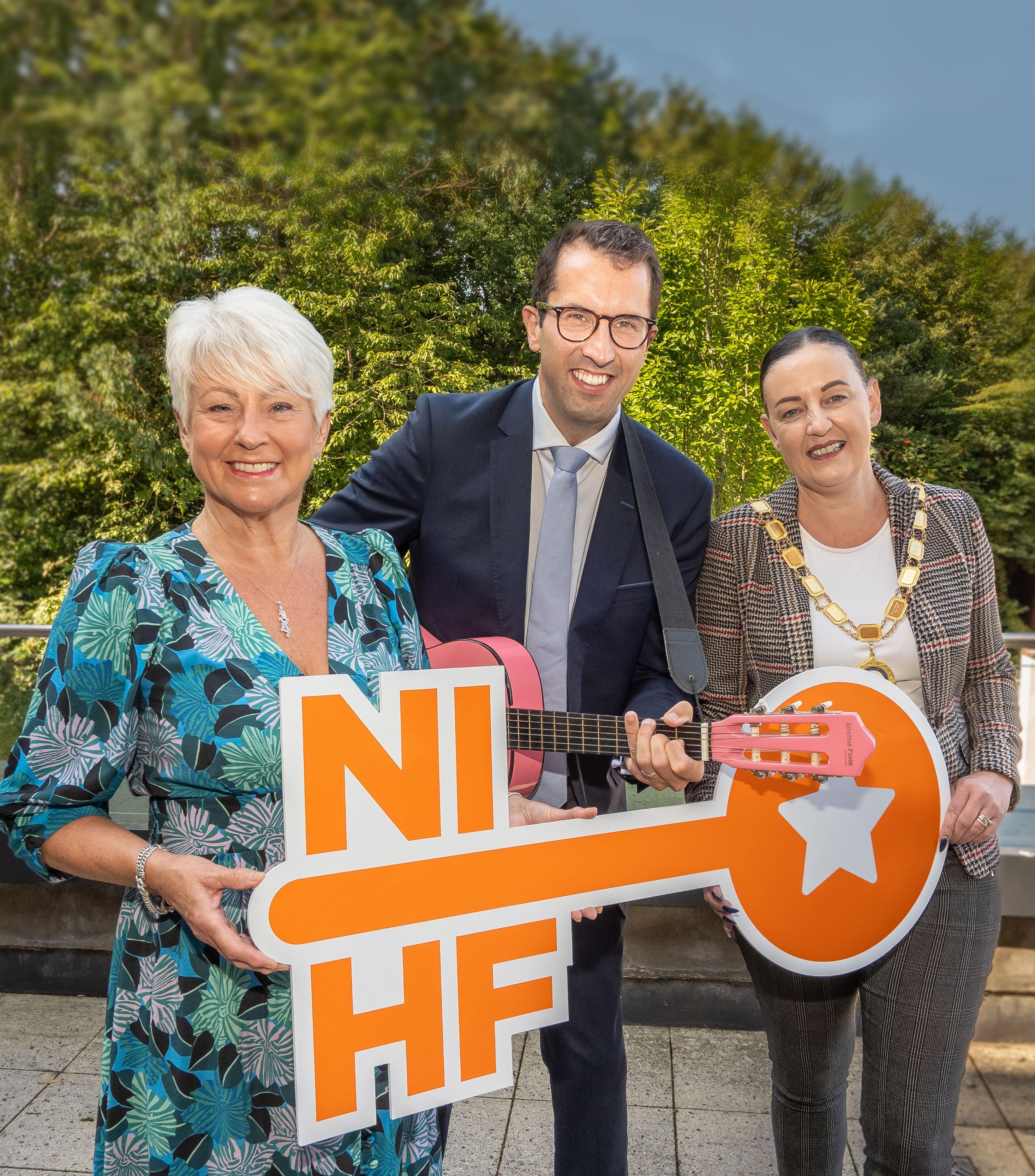




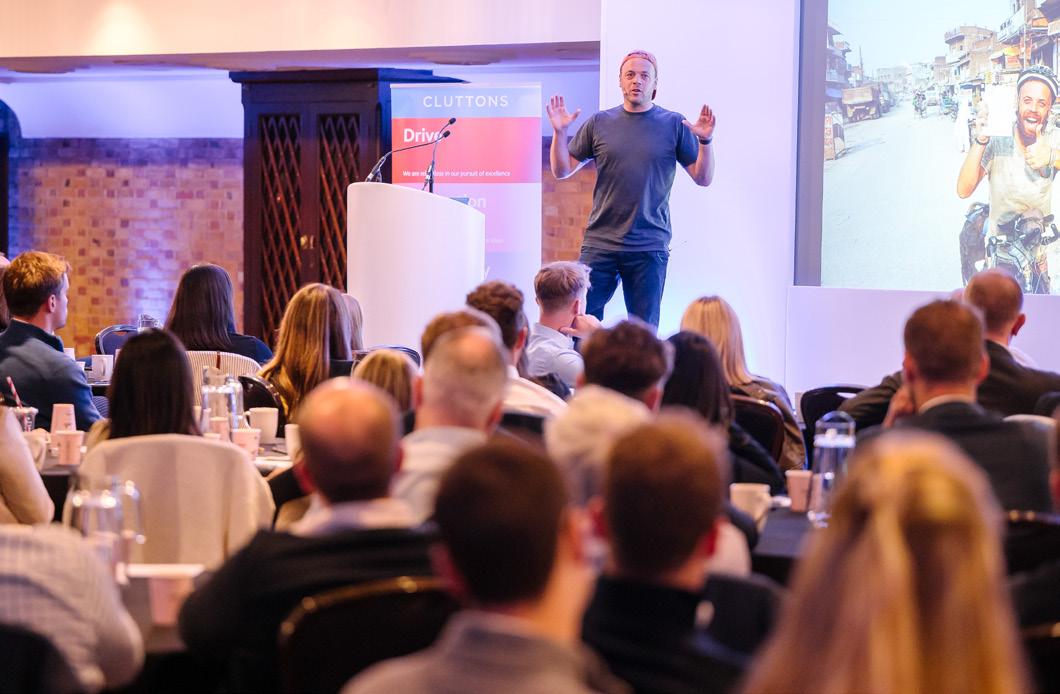
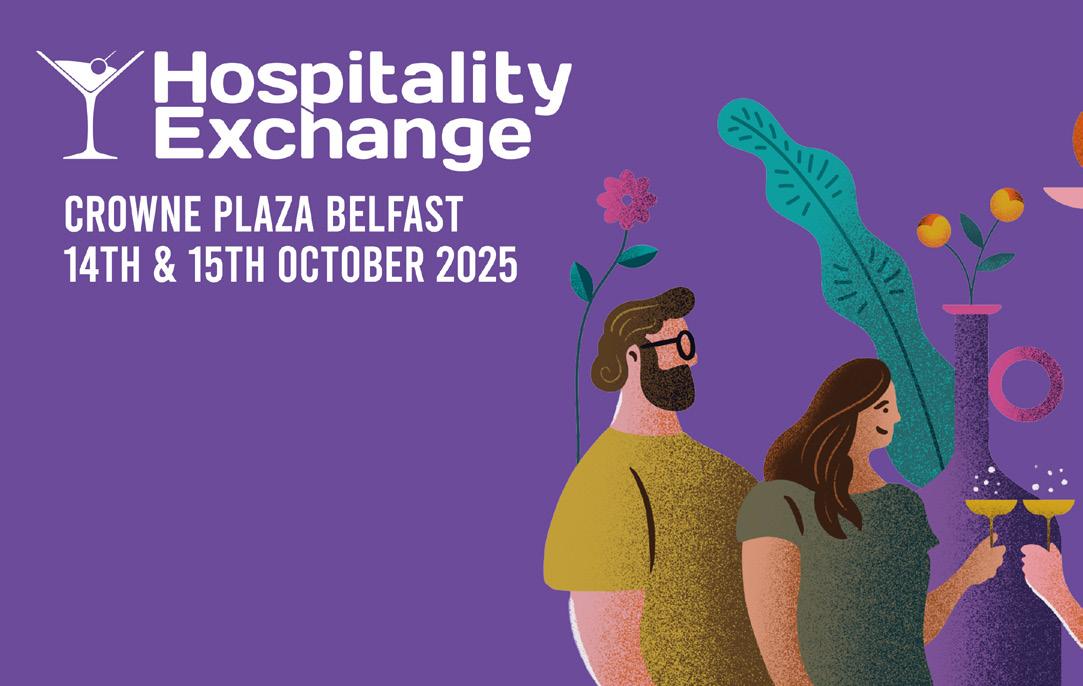

What a summer it has been. We leapt into June with a myriad of artists and events, beginning with this year’s Belsonic and followed, of course, by the eagerly anticipated 153rd Open at Royal Portrush. This was more than just a showcase of world-class golf; it was a powerful opportunity to place Northern Ireland firmly on the global stage. With an estimated economic impact of over £200 million, the legacy of The Open will be felt for years to come.
Huge thanks and sincere appreciation go to everyone who worked tirelessly behind the scenes to deliver such an exceptional, world-class event. Massive congratulations to Scottie Scheffler, whose dominant performance secured victory by four shots. However, the outpouring of love for “our Rory” was palpable at every hole, and Northern Ireland’s warmth and hospitality were praised by so many visitors.
The Open also marked a milestone moment as we bid a fond farewell to John McGrillen, whose 10 years as Chief Executive of Tourism Northern Ireland have left a lasting legacy. John’s leadership, vision, and unwavering commitment have helped shape and elevate our tourism industry, and many
of us have valued him as both a colleague and a friend. We extend our heartfelt thanks for all he has achieved.
Succeeding John is Laura McCorry, the organisation’s first female Chief Executive. She returns to Tourism Northern Ireland with an impressive track record in leadership, most recently serving as Head of Hillsborough Gardens, and brings a wealth of experience in tourism, product and corporate development, and public engagement. We look forward to supporting and working with Laura in this exciting new chapter as she leads Tourism NI into the future.
In June, we hosted a member lunch at The Crowne Plaza, where it was a pleasure to reconnect with so many industry colleagues. I was delighted to launch Hospitality Exchange 2025, which takes place on 14–15 October. Now in its third decade, the event is firmly established as one of the most anticipated dates in the industry calendar, attracting highprofile speakers and delivering content that inspires, informs, and motivates.
Highlights include Alex Polizzi, hotelier, entrepreneur, and TV presenter, headlining our Lunch & Leadership session and celebrating

the Rising Star Awards. Aktar Islam, Michelin-starred chef, joins our People & Performance session and will host an exclusive gourmet dinner at The Merchant Hotel on 13 October. Marketing leader and adventurer James Peachwill deliver Making Marketing Matter, exploring storytelling, leadership, and resilience.
Wednesday features the Business Breakfast, Talking Tourism, and the Speaker Lunch with Economy Minister Dr Caoimhe Archibald. The event concludes with the Wickedinspired Gala Ball, an unforgettable night of fine food, dazzling entertainment, and true hospitality magic.
I hope you’ll join us this year, view the full programme at hospitalityexchange.org.uk and be sure to book your tickets.


FROM LATE BOOKINGS TO VALUE SEEKERS, HOTELS FACE A NEW REALITY IN 2025.
Northern Ireland’s hotel sector enters the second half of 2025 with steady results and signs of resilience against a backdrop of global tourism growth and shifting traveller behaviour.
The World Travel & Tourism Council (WTTC) forecasts that 2025 will generate US$11.7 trillion for the global economy, and Northern Ireland is well placed to share in that success. The sector is adapting to a market where last-minute bookings and value-driven guests are playing a bigger role in shaping performance.
STR data for the year to July 2025 shows a sector that is holding its ground despite shifting market conditions. Occupancy levels are a little softer than in 2024, slipping by between two and seven percentage points depending on the market segment, yet hotels have continued to demonstrate strong pricing power. Average daily rate has risen across most areas, reaching between £113 and £128, with yearon-year growth of between three and seventeen and a half per cent.

This has supported revenue per available room, which is up by as much as twelve per cent year to date, indicating that hotels are successfully sustaining revenues even with fewer rooms sold. While higher operating costs have placed pressure on margins, the ability to secure stronger rates underlines the resilience of the sector.
The Open at Royal Portrush delivered a vital boost to July hotel performance, lifting both occupancy and rates along the north coast. Average daily rate climbed sharply, with some markets achieving as much as £167, reflecting growth of more than 25 per cent on the previous year. Revenue per available room increased by more than 30 per cent in some areas. Although occupancy eased back in a number of markets, ranging between 67 and 80 per cent, The Open at Royal Portrush provided a powerful boost. The event filled rooms, lifted rates, and reinforced the importance of major sporting occasions in generating demand.
The figures also highlight how traveller behaviour is evolving. Guests are booking later than ever, often making decisions only weeks or even days before arrival. This can create volatility, but it also allows hotels to secure stronger rates closer to the date of stay. Guests are also placing greater emphasis on value. They may not necessarily be seeking the cheapest option but want experiences that feel worthwhile, whether through authentic service, distinctive packages, or local add-ons. Hotels that can combine premium pricing with meaningful value are the ones best positioned to capture this demand.
Tourism Ireland’s 2025 strategy aligns with this direction. By positioning the island as a sustainable, high-value destination, the ambition is to double Northern Ireland’s tourism revenues to £1.3 billion annually by 2035. Campaigns such as Slow Tourism Month, alongside the global promotion of headline events like The Open in 2025 and the Ryder Cup in 2027,

will continue to attract international attention and provide demand peaks for local hotels.
The outlook for Northern Ireland hotels is steady, with new supply influencing demand patterns. Occupancy may face some pressure, yet stronger room rates continue to highlight the sector’s ability to adapt and hold firm. Major events bring valuable surges in business, but sustained progress will rely on consistent delivery and a clear focus on quality and value. Ongoing investment has strengthened the capacity of local hotels to manage challenges, while targeted promotion and careful attention to profitability will ensure that the sector continues to play a central role in the region’s tourism success.
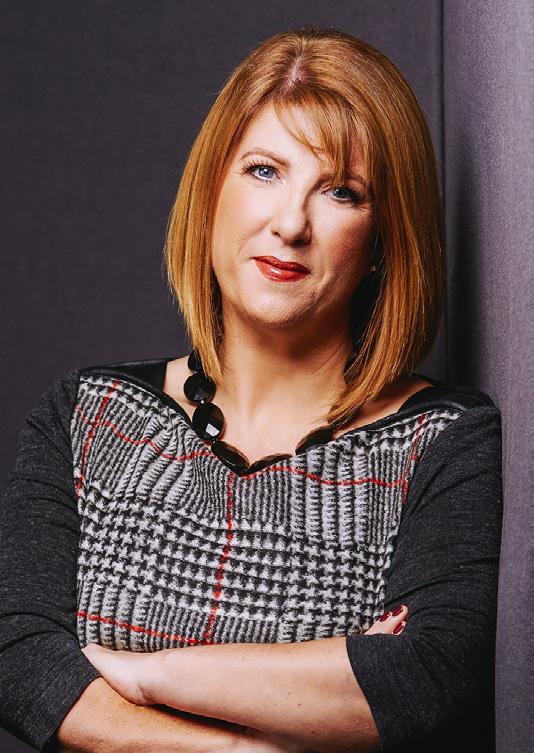
As of April 2025, the National Living Wage, the legal minimum for workers aged 21 and over, is £12.21 per hour, with lower bands for younger workers and apprentices.
The Low Pay Commission (LPC) expects a further rise of around 4.1% in April 2026, taking the rate to £12.71. While these increases are presented as protection for workers during cost-of-living pressures, employers face an increasingly difficult balancing act. Labour-intensive industries such as hospitality, retail and social care are particularly exposed, with wage bills rising faster than productivity growth or customer demand.
Since its introduction in 1999 at £3.60 for workers over 22, the minimum wage has steadily climbed.
The creation of the National Living Wage in 2016 accelerated this trajectory, with a goal of reaching two-thirds of median earnings. That target was largely achieved by 2024, but employers argue that the policy leaves little scope for regional variation, seasonal trading patterns
or the fragility of small businesses. A further challenge lies in wage differentials: continual increases at entry level make it harder to reward performance or experience, compressing pay structures and dampening morale among longerserving staff.
The difficulties in 2025 extend well beyond the higher hourly rate. Employers are also grappling with rising pension contributions, soaring energy costs and changes to National Insurance. This year’s increase in NIC rates, combined with a lower threshold, means a greater share of payroll now falls into liability. As a result, headline wage increases often understate the real cost of employment.
In hospitality, where staffing typically represents more than 40% of operating costs, the impact is especially severe. Operators report cutting opening hours, delaying investment or raising prices in an effort to protect already slim margins. Tourism peaks or major
events may bring short-term gains, but they do little to offset relentless upward pressure on wages throughout the year.
Across Europe, countries such as France, Spain, Portugal and the Republic of Ireland also within a minimum wage framework, currently all of these countries have a rate significantly lower than the UK. In addition, hotels in these markets benefits from reduced VAT on accommodation as well food and drink, offering a form of relief not available in the UK. This fiscal support gives European businesses greater scope to absorb wage rises, while UK operators face the full weight of rising costs.
The LPC’s projections for 2026 offer some certainty, but the underlying message is clear: wage bills will continue to climb. Larger companies may turn to automation or technology, but for many small independents the choices are starker, involving reductions in staffing, changes to operating models or even questions of longterm survival.
The minimum wage is often hailed as a social policy success, lifting millions of workers out of low pay. Yet in 2025, the debate is increasingly about unintended consequences for employers. Without complementary reforms such as targeted tax reliefs, business rates reform or investment in skills and productivity, there is a risk that a policy designed to protect workers may instead threaten the very jobs it was meant to safeguard.
» The hotel’s new cask warehouse will allow guests to reserve cask sampling sessions where they learn about whiskey maturation, blending and bottling. A pour your own bottle experience will launch in December under the Carnlough Irish Whiskey brand.
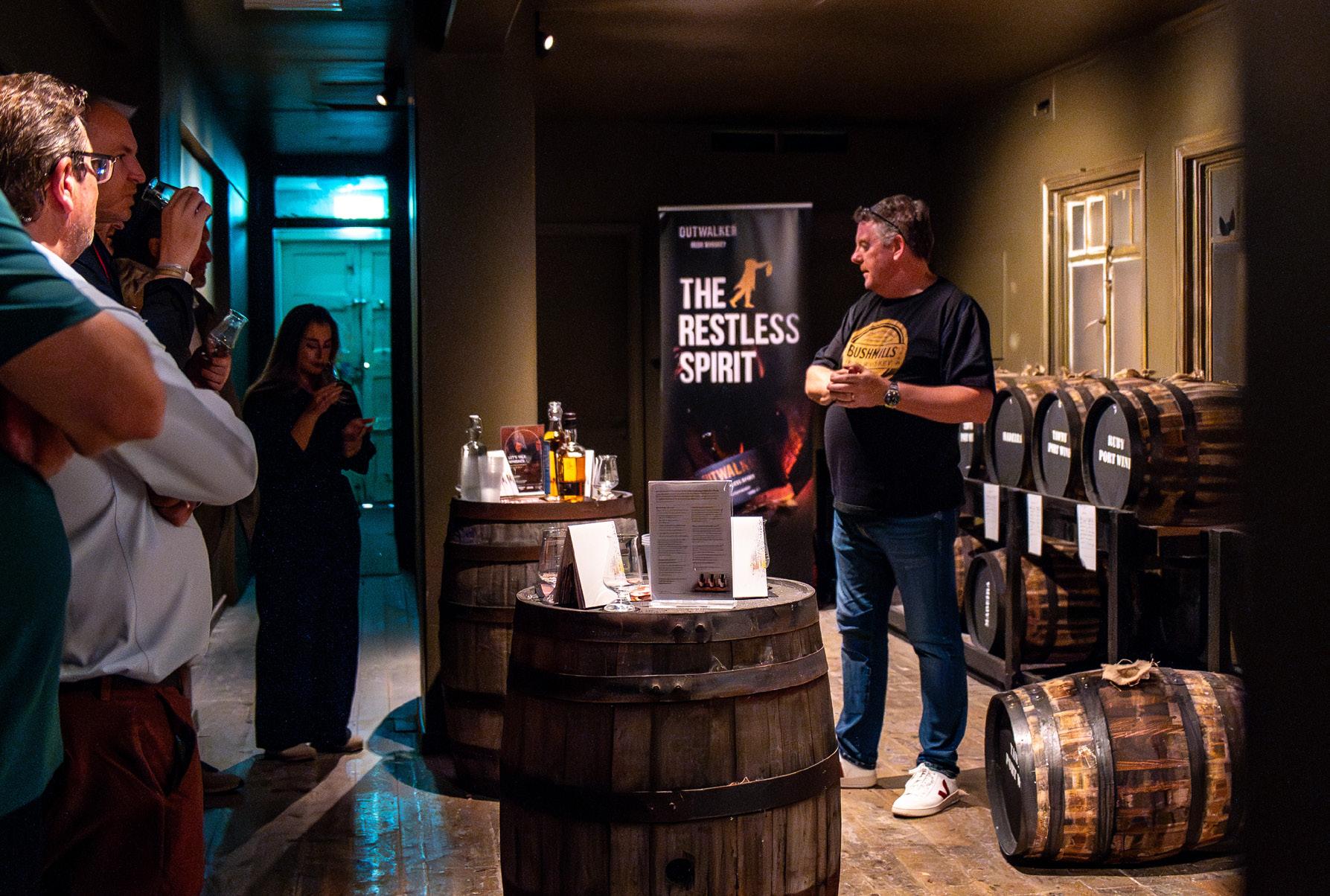
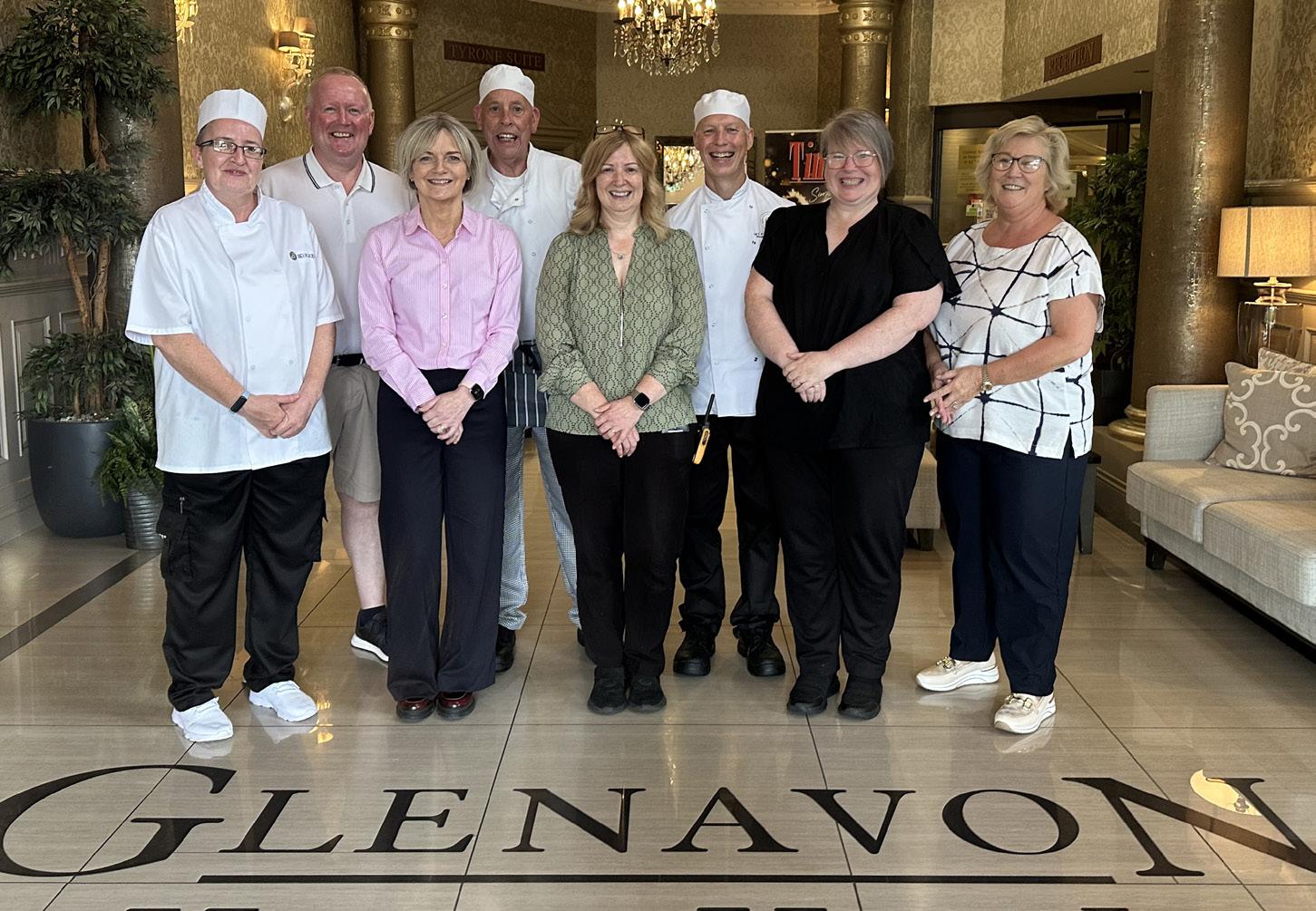
The Glenavon House Hotel in Cookstown has started its 44th year as a family run hotel business. Pictured are the staff who have 30+ years of service.
Siobhan McHugh, Head Housekeeper; Patrick Mallon, Head Chef; Roberta Watt, Restaurant Manager; Paula Wilson, Managing Director.
Amazingly, there are more with over 20 years of service!

With demand for additional bed space from visitors continuing to grow, Millbrook Lodge has developed The Residence at Millbrook Lodge – a newly launched self-catering property set just behind the hotel estate. Nestled within private, tranquil gardens, The Residence offers the flexibility of self-catering, while also giving guests access to the wider hotel experience.
GM, Gerty McCaugherty, said: “We are delighted to be able to offer The Residence at Millbrook Lodge as part of our growing portfolio. With visitor demand continuing to rise, it has been wonderful to create a space that compliments our hotel while offering guests greater flexibility.”

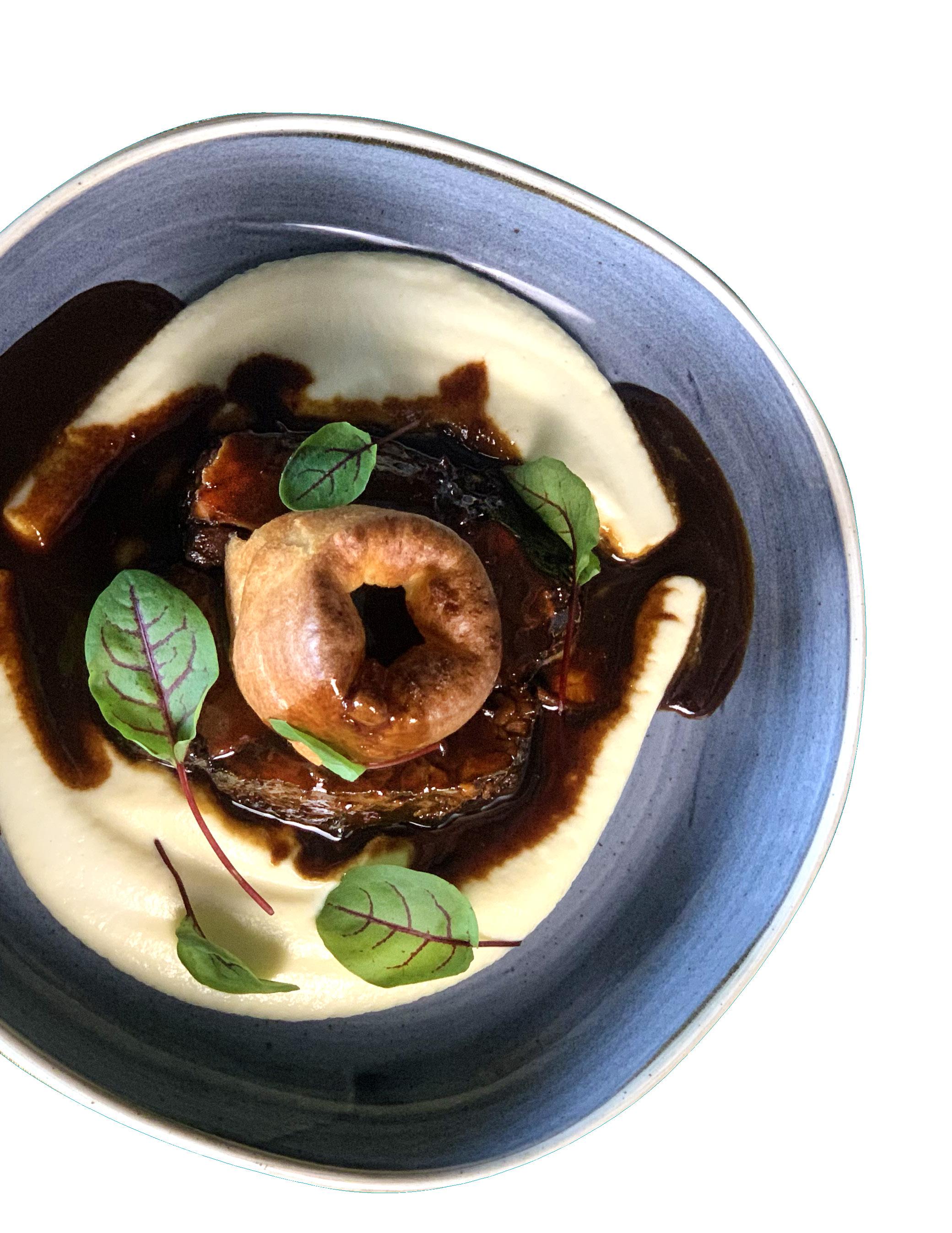
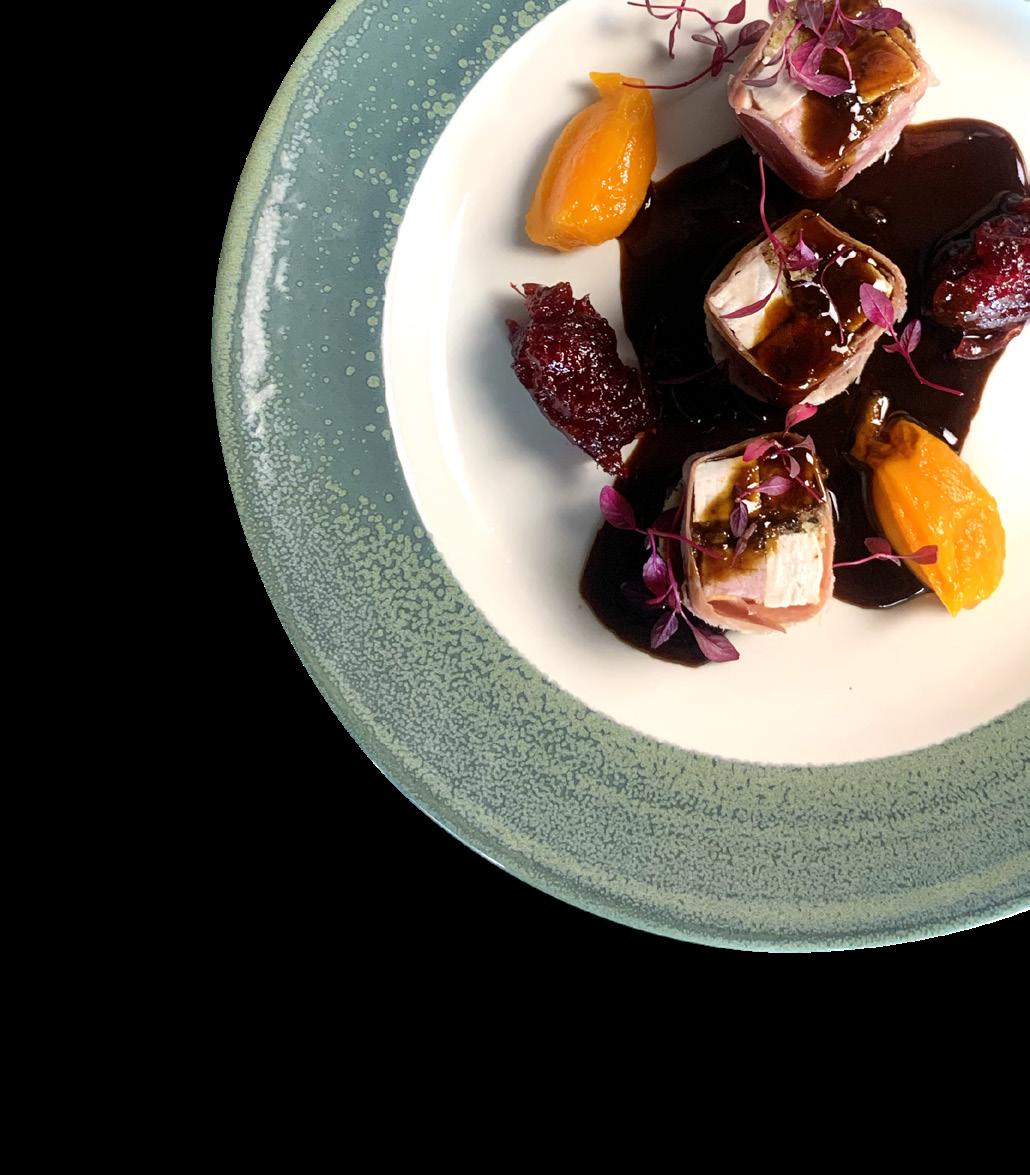
Reliable delivery, even at peak season
Carefully selected festive staples and chef-ready solutions
Trusted by foodservice professionals across ireland

Whatever you need this festive season...
we’ve got it covered.


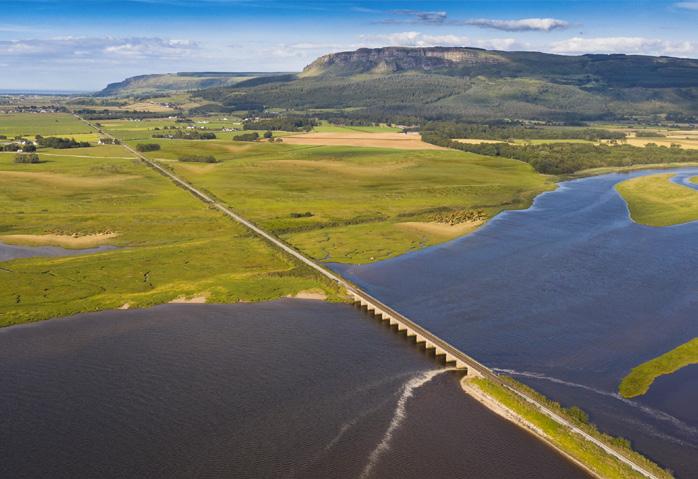
La Mon Hotel & Country Club has appointed Lloyd Jackson as General Manager. Lloyd brings a wealth of experience to this role with over 30 years experience in the Hospitality Industry.
Galgorm Collection has unveiled plans to invest more than £30 million to create a new, landmark links golf course at Bellarena on the north west coast, the first championship links course in Northern Ireland in over 100 years
Tara Lodge in Belfast has been placed #3 on TripAdvisor’s Best of the Best UK Hotels for the last 25 years. They have consistently held this top spot since TripAdvisor launched.
OpenTable, the restaurant booking engine, has featured four hotel restaurants in their recent top 10 reviewed restaurants in Northern Ireland. Afternoon tea at the Titanic Hotel is joined by three restaurants at The Merchant - Bert’s Jazz Bar, The Great Room and the Cloth Ear.




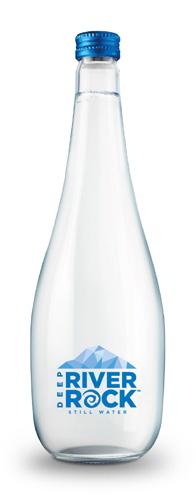

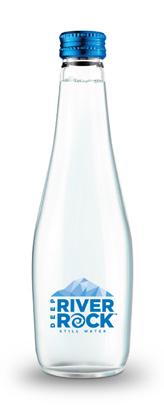


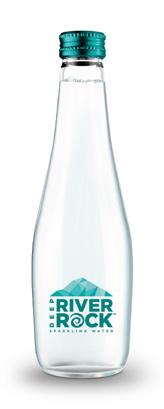







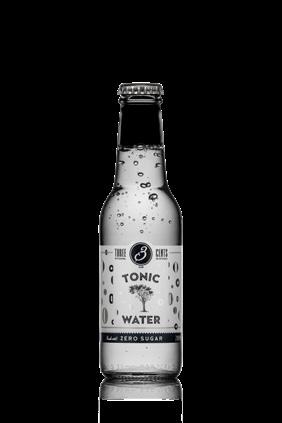
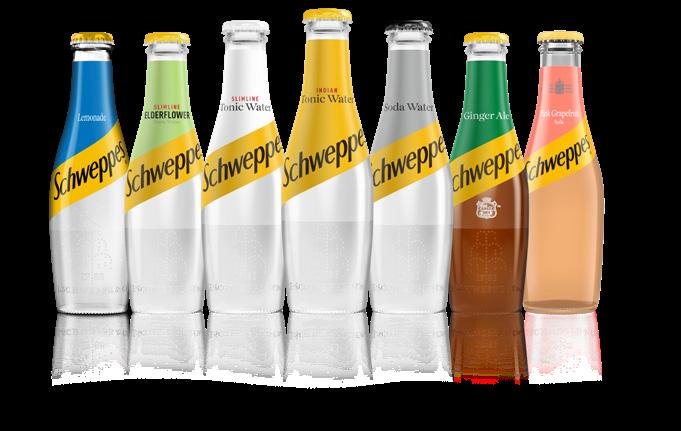

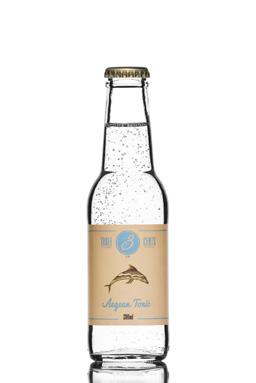

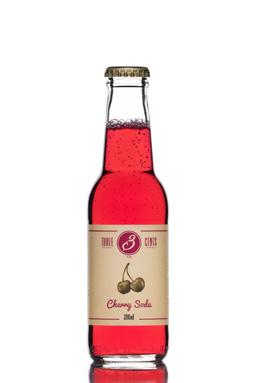


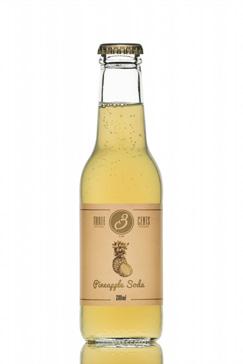

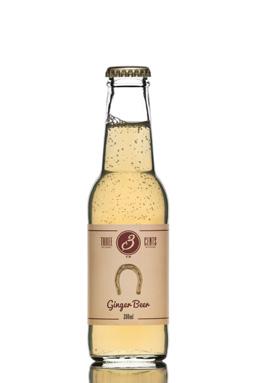




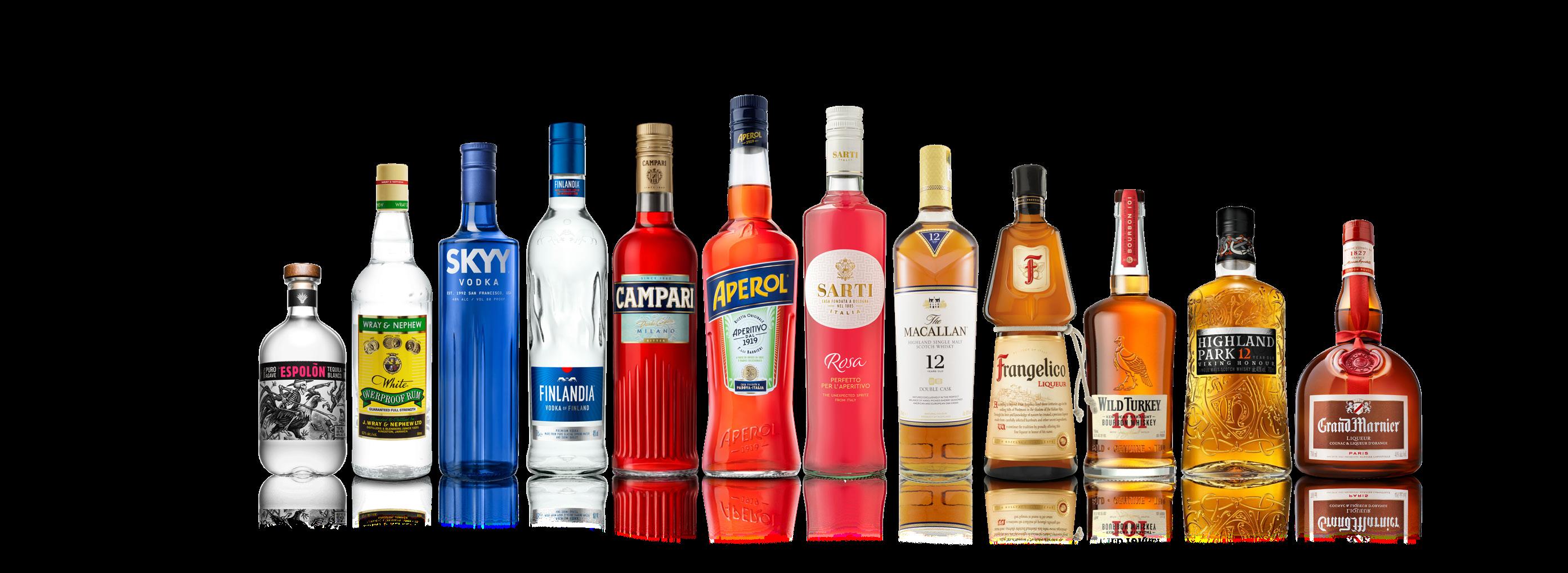
Hospitality has always been about people. At its heart, it’s the simple act of making someone feel welcome, comfortable, and valued. For hotels in Belfast, that responsibility is even greater: we’re often the first point of contact for visitors, the places where memories begin. That’s why accessibility and inclusivity are not just nice-tohaves – they’re essential to business success.
The Accessible and Inclusive Tourism Programme, delivered by Belfast City Council in partnership with Tourism NI, Visit Belfast and the NI Tourism Alliance, has been helping our industry take meaningful steps towards opening doors wider than ever before. The aim is simple: to educate and empower the tourism and hospitality sector to deliver a warm welcome, great service, and memorable experiences for all visitors – regardless of age, ability, or background.
For hoteliers, accessibility goes far beyond ramps and wider doorways. It’s about attitude, awareness, and adaptability. Through the programme, we’ve worked with
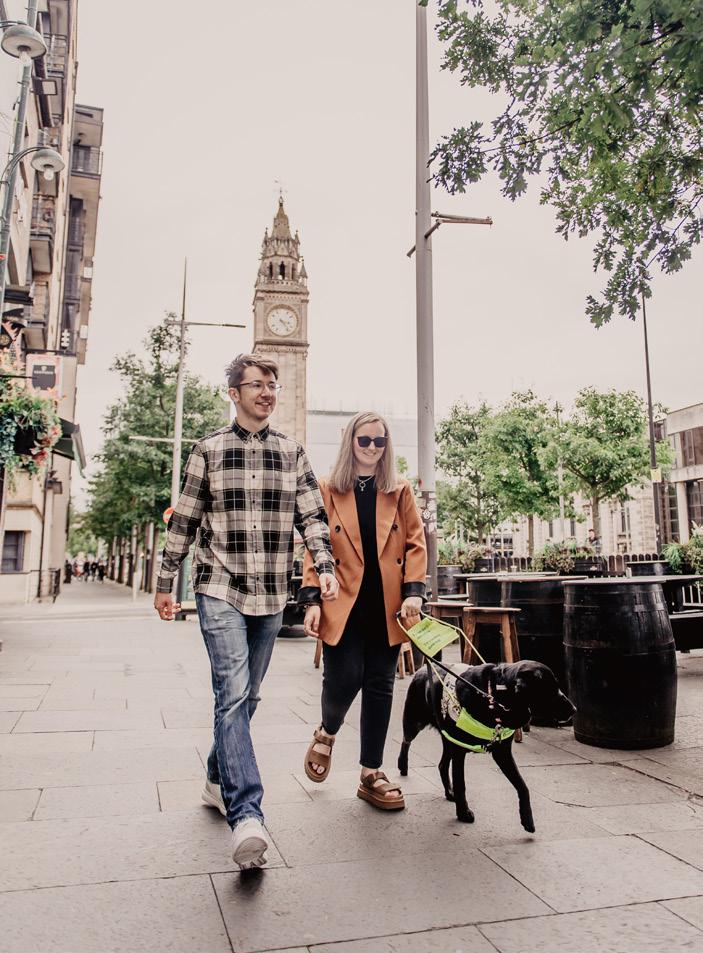
teams across the city to provide practical training, from disability confidence to making menus, websites, and booking processes easier for everyone to navigate. We’ve also showcased best practice, highlighting the growing number of Belfast businesses leading the way in accessible hospitality.
Looking ahead, there are some exciting opportunities for hotels to get directly involved. On 17 February 2026, we’ll host our third Accessible and Inclusive Tourism Seminar.
This will be a must-attend event for hoteliers. It will be an opportunity to learn from experts, take part in practical workshops, and access the latest programme report with clear recommendations for staff training and business improvements.
The seminar will also host the second Inclusive Tourism Awards, which celebrate the very best examples of accessible and inclusive practice across the city. We strongly encourage hotels to encourage their guests and visitors to nominate them for this prestigious recognition. Being shortlisted, or
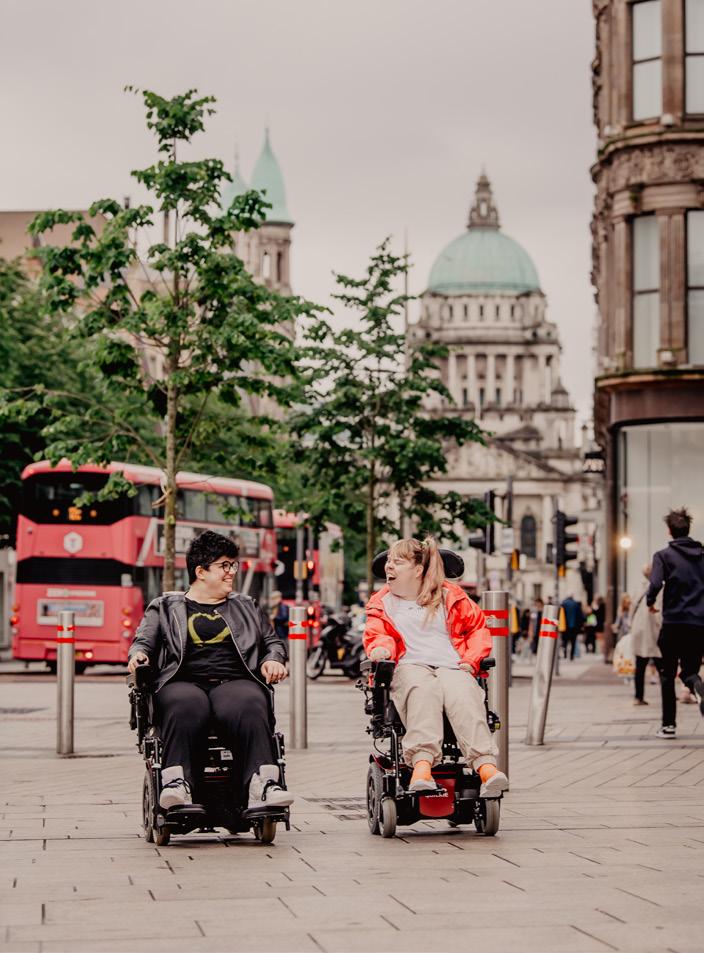
winning, not only shines a light on the brilliant work already happening in your hotel it also builds your reputation as a leader in hospitality.

Accessible and Inclusive Tourism Programme free resources.
To support hotels further, we’re launching the first Accessible and Inclusive Tourism Vouchers. These small grants will help businesses access training, professional services, small items of equipment and more, ensuring your teams are fully equipped to deliver for all visitors
The message is clear: now is the time for Belfast’s hotels to step forward. Attend the seminar, apply for the awards, and take advantage of the new vouchers. Together, we can ensure every guest leaves with the same impression – that they were genuinely welcomed, respected, and looked after. To find out more contact tourism@ belfastcity.gov.uk

Secure your ticket for the Accessible and Inclusive Tourism Seminar.
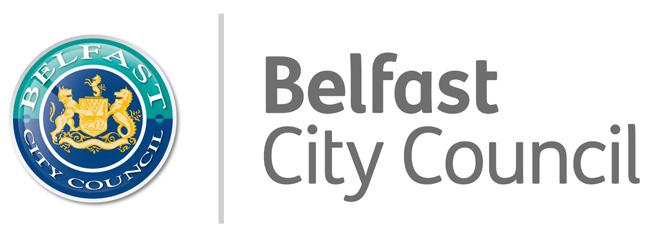

14th & 15th OctOber 2025
This year’s Hospitality Exchange promises the perfect blend of brains and banter. From Michelin-star magic to marketing mastery, big-picture tourism trends to sparkling leadership lunches, it’s a lively line-up of ideas, insights and inspiration. And when the learning ends, a Wickedly Wonderful Gala Ball ensures the fun continues.
tuesday highlight Turning influence, marketing, and excellence into long-term profit.

James Peach
How clear, purposedriven marketing and powerful storytelling can inspire audiences.
wednesday highlight
Sarah Duignan from STR takes a dive into the world of statistics with all the latest hotel performance data, including a peek into what 2026 will bring.
alsO featuring

aktar islam
Two-starred Michelin chef on how to blend culinary creativity with digital influence.
dOn’t miss it
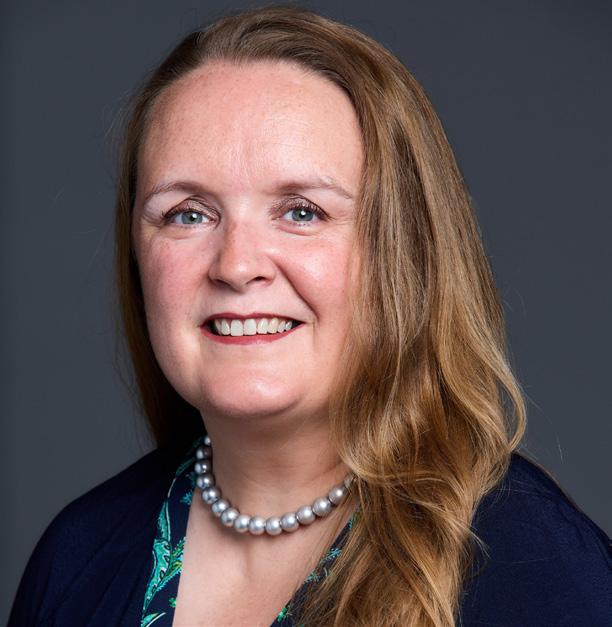

alex POlizzi
Renowned hotelier and TV presenter on life as the Hotel Inspector and beyond.
14th & 15th OctOber 2025 crOwne Plaza belfast

richard ramsey
Richard brings his wry wit to the big macro trends in the economy.
We’ll explore everything from profit pressures to posts that truly pay off. Expect Michelin-starred wisdom from Aktar Islam, candid reflections from Alex Polizzi, and forecasts that could make even Richard Ramsey blush. Tourism leaders, industry stars and marketing maestros come together to share, debate and inspire, all while proving business insight doesn’t need to be dull.


Afternoon The Leadership Lunch Alex Polizzi, renowned hotelier and TV presenter on life as the Hotel Inspector and beyond. t he leadershi P lunch 13.00 £ 55
Delegate Lounge Networking before and after the seminars. Supported by Bunzl Rafferty Guest Amenities Coca-Cola HBC NI and Henderson Foodservice. t uesday 14th Oct O berc r O wne Plaza b elfast see website f O r P ackage deals

Hosted by Pamela Ballantine and featuring the Rising Star Awards supported by Ulster Bank, this is a celebration of stellar talent and a fascinating insight into hotel life. Supported by Ulster Bank, Bunzl Rafferty Guest Amenities, Classic Drinks, Coca-Cola HBC NI and Sysco.
AGM Annual General Meeting for NIHF Members takes place at 15.30. agm 15.30 £ free t O members
Morning The Industry Unpacked Turning influence, marketing, and excellence into long-term profit. the industry un P acked 09.45 £ 37
From Posts to Profits Chloë Henning on how authentic influencer collaborations can boost brand impact, drive bookings and create great guest experiences.
In Conversation with Aktar Islam Two-starred Michelin chef on how to blend culinary creativity with digital influence to transform the way your business is perceived.
Target Gen Z Jane McDaid explores the perils of Youthwashing and details how to attract the next generation with authentic marketing.
Making Marketing Matter
James Peach shares how clear, purpose-driven marketing and powerful storytelling can inspire audiences, build resilience, and drive success.
Supported by Calor, Tourism Ireland and Tourism Northern Ireland.
15th Oct O berc r O wne Plaza b elfast
Afternoon Speaker Lunch Minister for the Economy, Caoimhe Archibald MLA, delivers a keynote address on the role of tourism.
Supported by Foot Anstey McKees, Bibendum Wines, Coca-Cola HBC NI and Henderson Foodservice. s P eaker lunch 13.00 £ 55
Evening
The Wickedly Wonderful Gala Ball
Follow the yellow brick road to an enchanting night of food, wine and spellbinding entertainment.
Supported by Linencare, Bunzl Rafferty Guest Amenities, Coca-Cola HBC NI, Diageo, Mews, Pattison & Co, SBD Events and Spiritly. g ala b all 19.30 £ 120 w
Additional Support
Talking Tourism
The storm forces shaping the visitor economy and how to navigate your way around them. talking t O urism 10.30 £ 30
Future Figures Economist Richard Ramsey brings his wry wit to the big macro trends in the economy and how they could affect your business. An Eventful Year From The Open to the Fleadh Cheoil; a debate on the power of events . 10 Top Tourism Trends Yannick Cabrol from EY looks at the big topics in tourism for 2025. Tourism Together A conversation with Alice Mansergh from Tourism Ireland and Laura McCorry from Tourism Northern Ireland.
Supported by Brother Ireland, Tourism Ireland and Tourism Northern Ireland.
Morning Business Breakfast From numbers to know-how: navigating the road ahead with your host, Mark Simpson. business breakfast 08.00 £ 37
Hotel Expansion An overview of accommodation growth, development pipelines, and the potential “bedroom boom” on the horizon for 2026.
Hotel Performance & Forecast The latest intelligence on hotel performance and a dive into the future with Sarah Duignan. Profit under Pressure Panel discussion on financial pressures, sector challenges, and strategies to thrive and survive.
Supported by AIB Bank, Percipient, Savills, STR, Sumer NI and Visit Belfast.
Bank of Ireland, Bunzl McLaughlin, Johnsons Belfast and Winterhalter.
Antrim & Newtownabbey Borough Council, Belfast City Council, Mid & East Antrim Borough Council and Newry, Mourne & Down District Council. Media Partner: Licensed and Catering News. All prices subject to VAT at the current rate.






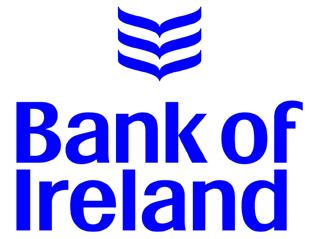

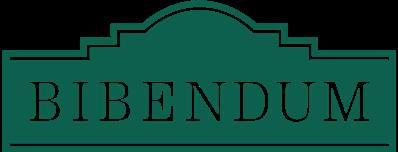







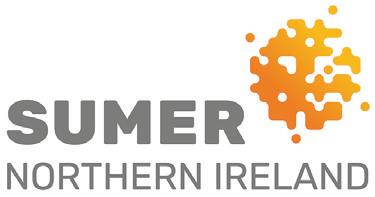


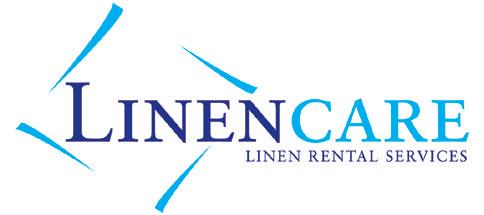
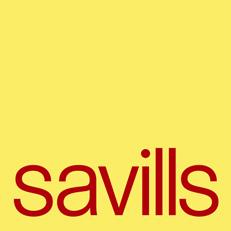






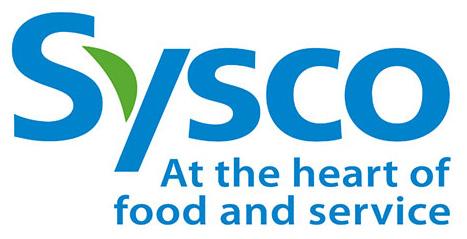


ALICE MANSERGH EXPLAINS HOW SCREEN TOURISM PLAYS AN IMPORTANT ROLE IN INSPIRING
At Tourism Ireland, we are passionate about harnessing the power of screen tourism to shine a spotlight on our breathtaking landscapes, rich cultural heritage and renowned hospitality –captivating audiences and inspiring potential visitors across the world.
Film and TV are recognised as strong influencers on prospective visitors and in recent years, given that the island of Ireland has provided the backdrop for many popular films and TV shows, there have been many opportunities for Tourism Ireland to leverage the well-established trend of screen tourism – tapping into fans’ enthusiasm about the show or movie and popular cast members and then highlighting the connection with the spectacular backdrop where filming took place.
Research in our top four markets – US, GB, Germany and France –has confirmed that people want to visit specific locations after seeing them in a film or TV show, with landscapes on screen being a primary motivator.
Northern Ireland continues to be a strong proposition for the film and TV industry and 2025 has provided key opportunities to leverage that interest. In June, our behind-thescenes video campaign for the highly anticipated film How to Train Your Dragon reached over 1.3 million on social media in the United States, GB, Germany,
France, Spain, Italy, Belgium, the Netherlands and Canada. How to Train Your Dragon was filmed in multiple locations in Northern Ireland, including Dunseverick Castle, Murlough Bay and Tollymore Forest, and our campaign inspired fans to come and discover these locations for themselves. In July, the romantic movie Four Letters of Love brought our stunning landscapes to the attention of audiences in the United States and GB, with the County Antrim coastline playing a starring role.
In August, popular TV and radio presenter Dermot O’Leary was back in Northern Ireland filming for a second series of Dermot’s Taste of Ireland. The hugely successful first series reached over 3.3 million viewers in GB and series two promises more mouth-watering food and stunning scenery. Viewers will see Dermot begin his journey on the Causeway Coastal Route, before visiting Derry-Londonderry and continuing to Donegal and Sligo along the Wild Atlantic Way. Once again, our superb food scene will play a starring role as Dermot tours, tastes and bakes his way around our coastline, meeting with local food producers, chefs and restaurateurs.
Dermot will also take part in some of our great outdoor experiences, from boat trips to surfing, that make a visit to Northern Ireland and the island of Ireland extra special. The ten-part series – produced by

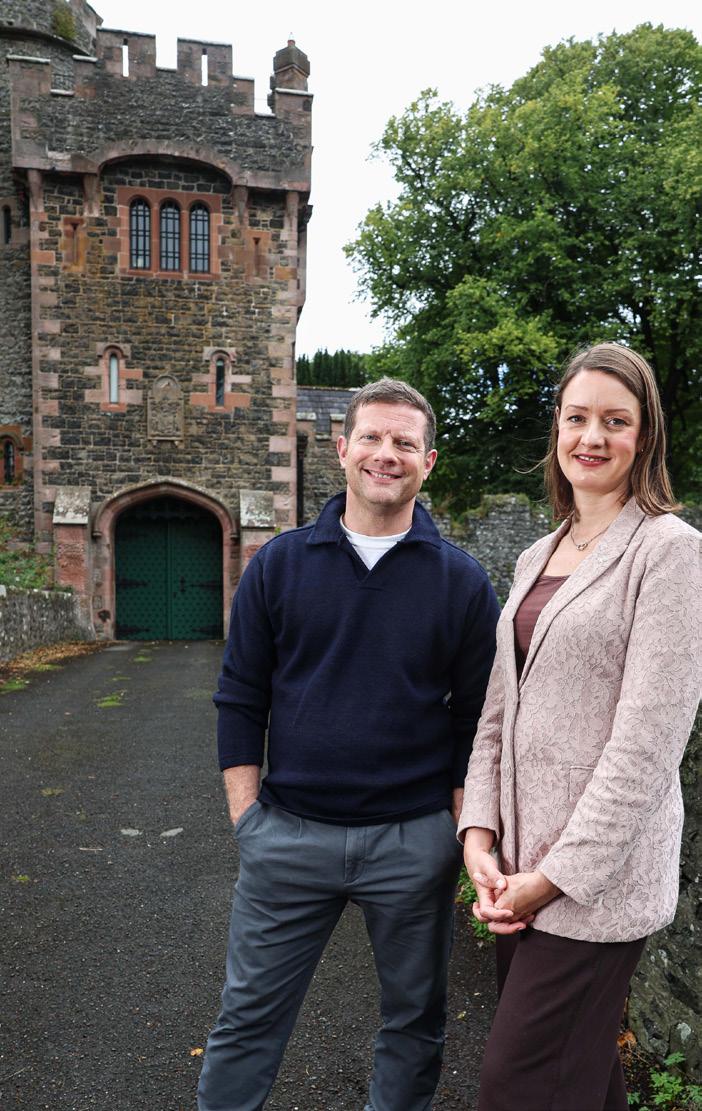
Rock Oyster Media and supported through the Shared Island Tourism Brand Collaboration Project – will be seen by millions of people across GB when it airs on ITV1 and on the streaming service ITVX next spring, inspiring viewers to explore our iconic coastal routes for themselves.

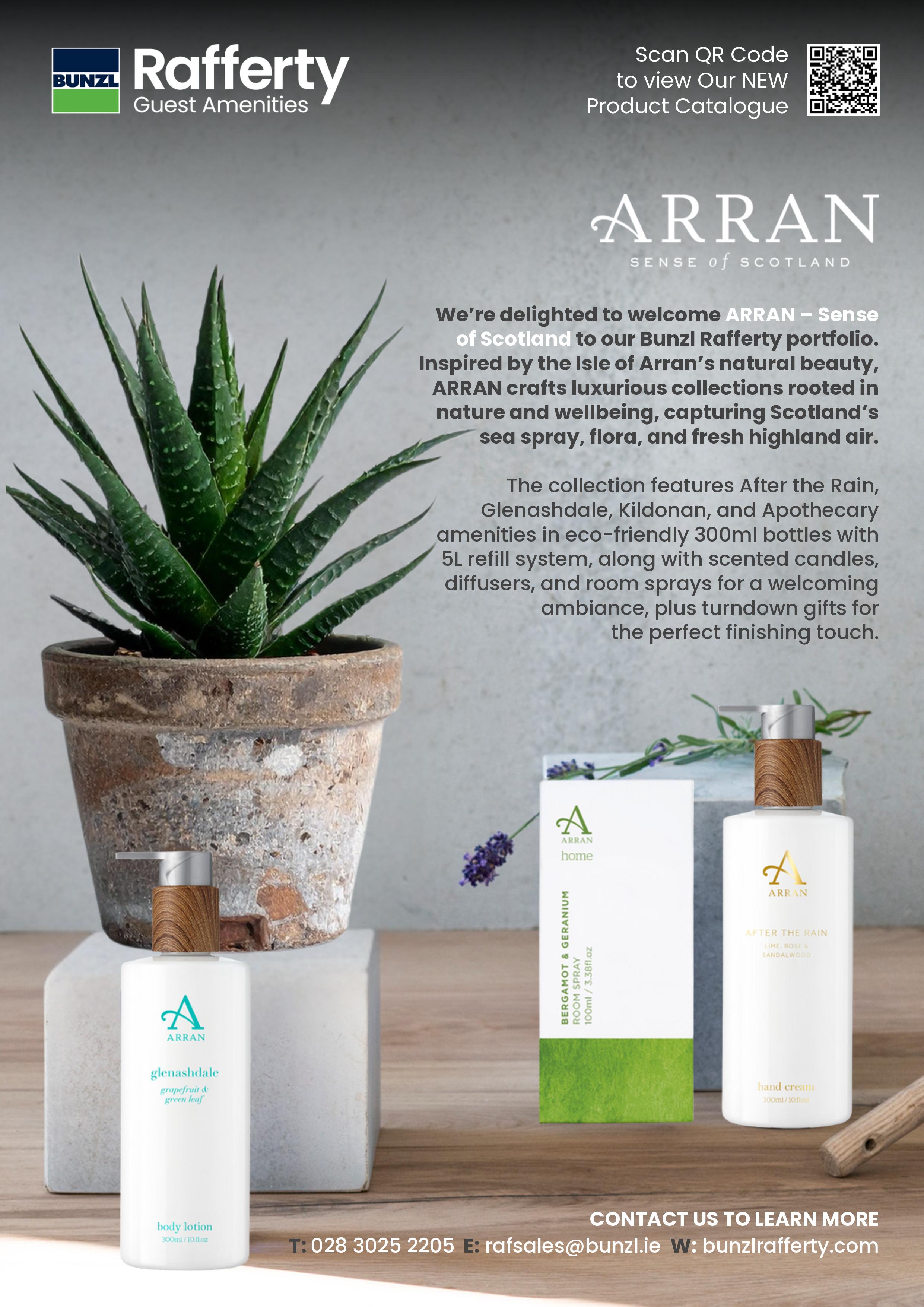
Power up your tourism business
Tourism Northern Ireland is inviting businesses across the industry to ‘Power Up’ this autumn with an exciting new programme of events, webinars and learning opportunities designed to support business growth and development. From enhancing skills to celebrating our tourism sector’s achievements, there are plenty of ways to get involved.
Launching in September, our autumn marketing campaign will provide businesses with practical resources to maximise visibility and engagement. A dedicated campaign toolkit will be available to download, offering guidance on how to make the most of campaign activity, access to images and video footage for use on your channels and tips for uploading product listings and creating special offers.
Join our industry webinar on Thursday 18th September at 10am to find out more about how your business can engage with the campaign and the wider Tourism NI ‘Power Up’ autumn programme.
Tourism and Hospitality Week 2025
Taking place from Tuesday 23rd September to Wednesday 1st October, Tourism and Hospitality Week 2025 will shine a spotlight on the people and places and highlight the importance of the sector’s contribution to the local economy.
Tourism NI is encouraging industry to get involved by downloading the Tourism & Hospitality Week toolkit, sharing a short 20–30 second video showing your support for the week and how you are getting involved.
Find out more at tourismni.com/ tourismhospitalityweek
Take on the MyTourismNI Autumn e-learning challenge
This autumn is the perfect time for you and your team to invest time in skills development. Sign up to MyTourismNI, our free to access e-learning platform. Learn at your own pace while showcasing your commitment to excellence as you earn badges with every course you complete.
Y
ou could be our Top Learner giving you and your business to be featured across Tourism NI’s channels, celebrating your learning journey and achievements. Start today at tourismni.com/ mytourismni
New AI webinar series
As part of the autumn ‘Power Up’ programme, Tourism NI is introducing a new series of AIfocused webinars. Topics include:
• Where to Start with AICompliance & Best Practices
• Prompt Engineering for Tourism
• Creating a Design with Canva AI
• AI for Inclusive and Accessible Tourism Dates and registration coming soon.
Embrace a Giant Taste
Get ready to Embrace a Giant Taste this October. Food NI, supported by Tourism NI, is preparing to launch an exciting programme of food and drink experiences throughout the month. Expect a packed calendar of unique foodie experiences and events, celebrating the very best of local flavours.
Full programme details coming soon.
Get involved this Autumn
In addition there will be in-person events focussing on sustainability and inclusivity and accessibility, some of the key themes for building a stronger, knowledgeable tourism sector.
Stay up to date about upcoming events by joining our mailing list at tourismni.com/mailinglist.
Whether it’s through webinars, e-learning, marketing campaigns, or celebrating during Tourism and Hospitality Week, there’s never been a better time to ‘Power Up’ your business with Tourism NI.
For full details on upcoming events, resources and opportunities visit tourismni.com.

At Percipient, we help hotels and hospitality businesses modernise their finance function with Sage Intacct, the leading cloud-based financial management solution. From streamlining reporting to improving cost control and unlocking real-time insights, we make finance faster, smarter, and easier. We’re already proud to be working with leading Northern Ireland names including Hastings Hotels, Beannchor, Haslem Hotel, McKeever Hotels & Loughview Leisure Group.

Five years on from deploying Sage Intacct, it really does represent the central hub and intelligence source for the business. Our General Managers love it because it gives them the tools to do their jobs more effectively. And as a finance department, we spend less time gathering data and more time considering what to do with the data to serve the business better.
- Hastings Hotels
Whether you’re looking to reduce manual processes, get a clearer view of your operations, or prepare your business for the future, we’d love to help. Book your free finance review today and discover how we can move your finance function forward. Visit www.percipient.co.uk
What a summer that was! Decent weather and a massive tourism success from The Open. There’s no time to look back however – we need to build on all this success and keep it rolling. As much as we love the big showpiece event, and we should be chasing as many as practical, there’s a growing realisation in tourism circles that the next big thing isn’t always a new attraction or blockbuster event. Sometimes, it’s already there — in the streets, markets, green spaces, and community halls we’ve been walking past for years.
Call it community tourism, neighbourhood tourism, localled tourism — whatever label you choose, the principle is simple: when visitors engage directly with local people, stories, and places, the experience becomes richer, the economic benefits stay local, and the destination’s appeal deepens. Belfast City Council’s Make Yourself at Home strategy gets it. It talks about immersive, authentic tourism that starts from the grassroots. The Department for the Economy’s 10-year tourism vision makes the same point in economic terms: if we’re serious about hitting £2 billion in overnight tourism spend by 2035, we need to grow the offer
beyond the “greatest hits” list. And Tourism NI’sEmbrace a Giant Spirit brand is a direct invitation to deliver experiences that feel personal, place-specific, and impossible to replicate elsewhere.
What does that look like in practice? It’s not a coachload of people snapping a quick mural photo before heading back to the city centre. It’s a small group on a walking tour led by someone who grew up there, hearing the stories behind the art, the buildings, and the people. It’s a Saturday market in a repurposed mill building, where the bread, the pottery, and the music are all made locally. It’s a guided cycle along the river followed by lunch in a café that knows every customer by name.
Community tourism is also about how it’s built. The best examples aren’t parachuted in; they’re codesigned with residents, supported with training and small-scale investment, and developed at a pace that suits the community. It’s about creating experiences that locals are proud of — and that visitors remember long after they’ve gone home.
For the visitor, the appeal is obvious:

a more meaningful connection to place. For the community, it’s tangible — income for local businesses, jobs for young people, funding for projects, and the confidence that comes from seeing your home valued and celebrated. For the city, it’s an opportunity to spread the benefits of tourism more evenly, reducing pressure on the busiest spots while drawing people into underexplored areas.
And here’s where hotels come in. Guests increasingly want to feel they’ve “lived” a place, not just visited it. That means recommending more than the top three TripAdvisor attractions. It means partnering with local guides, promoting neighbourhood events, and helping guests discover the markets, walks, and food spots that don’t yet make the brochures.
Belfast has all the building blocks: distinctive communities, layered histories, a global food scene, and landscapes that start where the streets end. The next chapter in our tourism story could be about connecting these assets into a network of locally-led experiences that show the giant spirit in its truest form — through the people who live it every day.
CLOSING NORTHERN IRELAND’S TOURISM DEFICIT: A POLICY PRIORITY
Northern Ireland’s tourism sector is a cornerstone of regional growth, creating jobs, supporting communities, and showcasing culture and heritage. Recent ONS (Office for National Statistics) –Tourism Travel Trends 2024 – now includes NI data and provides a comparison between outbound and inbound tourism. In 2024, NI residents spent £1.23 billion abroad, while inbound visitors spent £900 million locally, leaving a tourism deficit of £332 million – a gap that represents lost opportunity.
The concept is straightforward: inbound visitor spending acts like an export, outbound resident spending an import. When outbound exceeds inbound, money leaks from the economy. Reducing the deficit is not about discouraging international travel, but about ensuring the region captures more benefits of tourism at home.
Across the UK, residents made almost 95 million overseas trips in 2024, with NI accounting for 3.2 million. NI’s outbound spend is more than five times greater than the value generated by its domestic overnight tourism market (£217 million).
Outbound spend drives the deficit, but outbound tourism also brings benefits. For individuals, travelling abroad provides rest, relaxation, and unique experiences that support wellbeing, cultural learning, and family connections. For businesses, international travel sustains jobs in NI’s travel agencies, airports, and transport hubs, while also supporting trade links, conferences,
and skills development.
Outbound travel also benefits inbound performance. Residents act as informal ambassadors for NI abroad, and strong outbound links to markets such as Spain or the USA often stimulate reciprocal inbound flows.
The policy challenge is not to discourage residents from travelling abroad, but to ensure NI captures a greater share of their holiday spend at home.
Domestic and Inbound Pressures NISRA figures show domestic tourism contracted sharply in 2024, with overnight trips down 27% and spend falling by a third to £217 million. Domestic tourism’s share of overall spending dropped from 25% in 2023 to 20% in 2024. Encouragingly, Tourism NI’s industry barometer suggests recovery is underway, with 40% of businesses reporting stronger domestic performance in early 2025.
External visitors spent £900 million in 2024, but this was insufficient to offset outbound spend. Barriers such as the UK’s Electronic Travel Authorisation scheme, alongside high operating costs, risk undermining NI’s competitiveness.
Strategic Context
Both the Tourism NI draft Corporate Plan 2025–28 and the Department for the Economy’s Tourism Vision & 10 Year Action Plan (2025–2035) provide a roadmap for change. The vision sets a goal of exceeding £2 billion in overnight visitor spend by 2035, supported by day-trip growth to £1.5 billion. TNI’s Corporate Plan focuses on nearer-term actions: growing the domestic market by
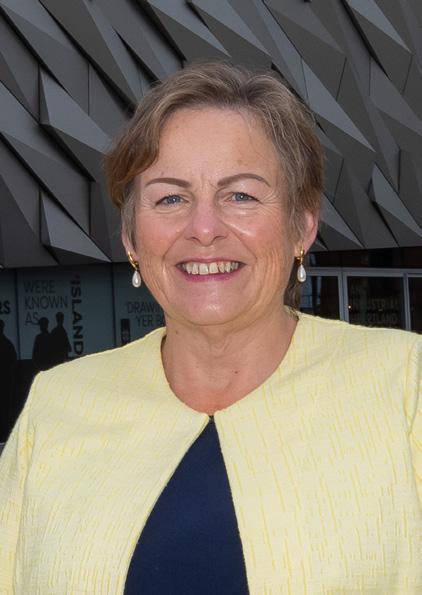
2% annually, capturing a greater share of Republic of Ireland trips, strengthening regional balance, supporting skills development and driving innovation.
Reducing the tourism deficit aligns directly with these ambitions. Closing the gap requires boosting inbound growth, rebuilding the domestic market, and ensuring NI delivers year-round, high-value experiences.
NI’s tourism deficit is more than a statistic—it signals a missed economic opportunity. Outbound travel provides cultural, social, and business benefits, but the scale of overseas spending underscores the urgency of making NI more competitive as a domestic and international destination. Closing the gap is not about restricting foreign travel, but maximising NI’s appeal and retaining a greater share of visitor and resident spend. By boosting inbound tourism and revitalising the domestic market, NI can exceed the £2 billion overnight visitor target while building a sustainable, regionally balanced sector that delivers long-term economic value.
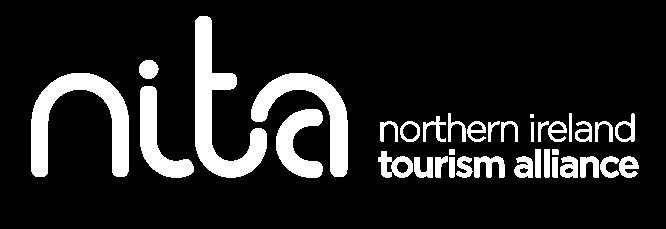
As the UK prepares for the introduction of Martyn’s Law, hotels and hospitality businesses face a pivotal moment. Threat preparedness can no longer sit separate from customer service - it must become part of delivering safe, seamless and people-focused experiences. By combining preparedness with the principles of customer care, hotels and restaurants can strengthen guest confidence while protecting staff and reputation, turning compliance into a hallmark of hospitality.
From late 2026, venues with a capacity of 200 or more will need to comply with Martyn’s Law - new legislation aimed at improving public safety and counter-terrorism readiness. While that may feel removed from everyday business operations, it aligns directly with hospitality’s core purpose. Preparedness is not only about security measures; it’s about creating an environment where guests and teams feel safe and supported. Today, reassurance matters just as much as a warm welcome - safety is fast becoming a defining feature of excellent service.

“Hospitality is fundamentally about people,” explains Paul Hobden, Managing Director of Learning Solutions at People 1st International. “Hotels and restaurants need to adopt a customer-centric vision for UK threat preparedness. When staff can recognise risks and respond calmly, they both safeguard the public and deliver a reassuring, professional guest experience.”
The link between service and safety is clear. Guests expect seamless experiences from check-in to check-out, and that includes how confidently a venue handles unexpected or challenging situations. Just as teams are trained to resolve complaints or manage peak service, they also need the practical skills to respond effectively if a threat emerges.
“Training plays a central role in this,” Hobden adds. “Traditional compliance can feel like a tick-box exercise, but digital, sector-specific learning is shifting that model. For hospitality, this means training designed around the realities of the sector for everyone who works there - front-of-house, back-of-house and management alike - embedding awareness and practical actions across the organisation.”
Hobden points out that, “Importantly, this doesn’t mean adding hours of extra training. Modern eLearning offers short,
practical modules – ideal for hospitality’s shift patterns, high turnover, and customer-facing pressures. The goal is to empower teams with the right knowledge at the right time, so that preparedness becomes second nature.”
Embedding preparedness into routine activity is equally important. “Venues can build resilience without compromising service,” Hobden says. “Include threat awareness in inductions, pre-shift briefings and safety checks so teams respond instinctively, not reactively. Smaller venues can scale measures proportionately; larger sites may need more bespoke planning, but the principle is the same: preparedness should support, not hinder, hospitality.”
Ultimately, Martyn’s Law raises the bar for public safety and gives the sector an opportunity to bolster its reputation for care, trust and professionalism. Threat preparedness is customer service at its highest level - proof that a venue values both guest experience and wellbeing.
For hotels and restaurants preparing to comply, the message is simple: the future of service excellence will be defined not only by how well you delight your guests, but by how confidently you protect them.
The Terrorism (Protection of Premises) Act 2025 (Martyn’s Law)
Standard Duty for most hotels (200+ capacity):
• Notify the Security Industry Authority (SIA) that the hotel is in scope.
• Have a basic plan for protecting the public: e.g. staff training, evacuation routes, communication protocols, and awareness of suspicious activity.
• Ensure guest-facing staff know procedures (front desk, concierge, F&B, housekeeping supervisors).
• Build this into fire safety / emergency procedures so it’s practical, not an extra burden.
In June 2025, Belfast-based McKees joined forces with leading UK law firm Foot Ansteycombining local insight with national reach. This partnership means our clients in Northern Ireland now benefit from an enhanced, full-service legal offering backed by deep sector expertise.
For our Retail, Hospitality and Leisure clients, it means access to a broader range of commercial legal services, more specialist advice, and a team that understands both the opportunities and the challenges your business faces. Whether you’re expanding, innovating, or navigating complex regulation, we’re here to help you move forward with confidence.
Advertising
Protecting your campaigns from concept to launch.

We’re fluent in the legal issues around content creation, advertising, sponsorship, influencer marketing and the use of data to target and measure campaigns - so you can promote your brand with confidence.
The legal backbone to your
We provide clear, pragmatic advice on day-today contracts and key business agreements. Need extra help? We offer flexible interim legal support - from remote assistance for an agreed number of hours to a virtual trainee who gets to know your business inside out.
firms. We combine legal expertise with an understanding of how data is actually used in hospitality, retail and leisure.
Keeping your team on track and your business compliant.
From drafting contracts and policies to managing employee exits and representing you in tribunals, we take care of your day-today employment needs. For more complex strategic issues, we’re here with clear, jargon free, commercial advice. Our bespoke HR technology platform combines self-service tools with 24/7 access to our legal team for quick, in-depth guidance.
Helping you meet the standards your customers expect.
Practical advice that works
Clients tell us our data and privacy advice is “usable” and “pragmatic” compared to larger
We guide businesses through hygiene regulations, calorie labelling, and allergen requirements - and step in fast when things go wrong, including investigations and enforcement.
Immigration & Working Visas
Keeping and attracting talent where you need it most.
We support employers with right to work checks, visa options, and sponsorship licence applications. Our team helps businesses recruit and retain overseas talent and trains HR teams to confidently manage these processes.
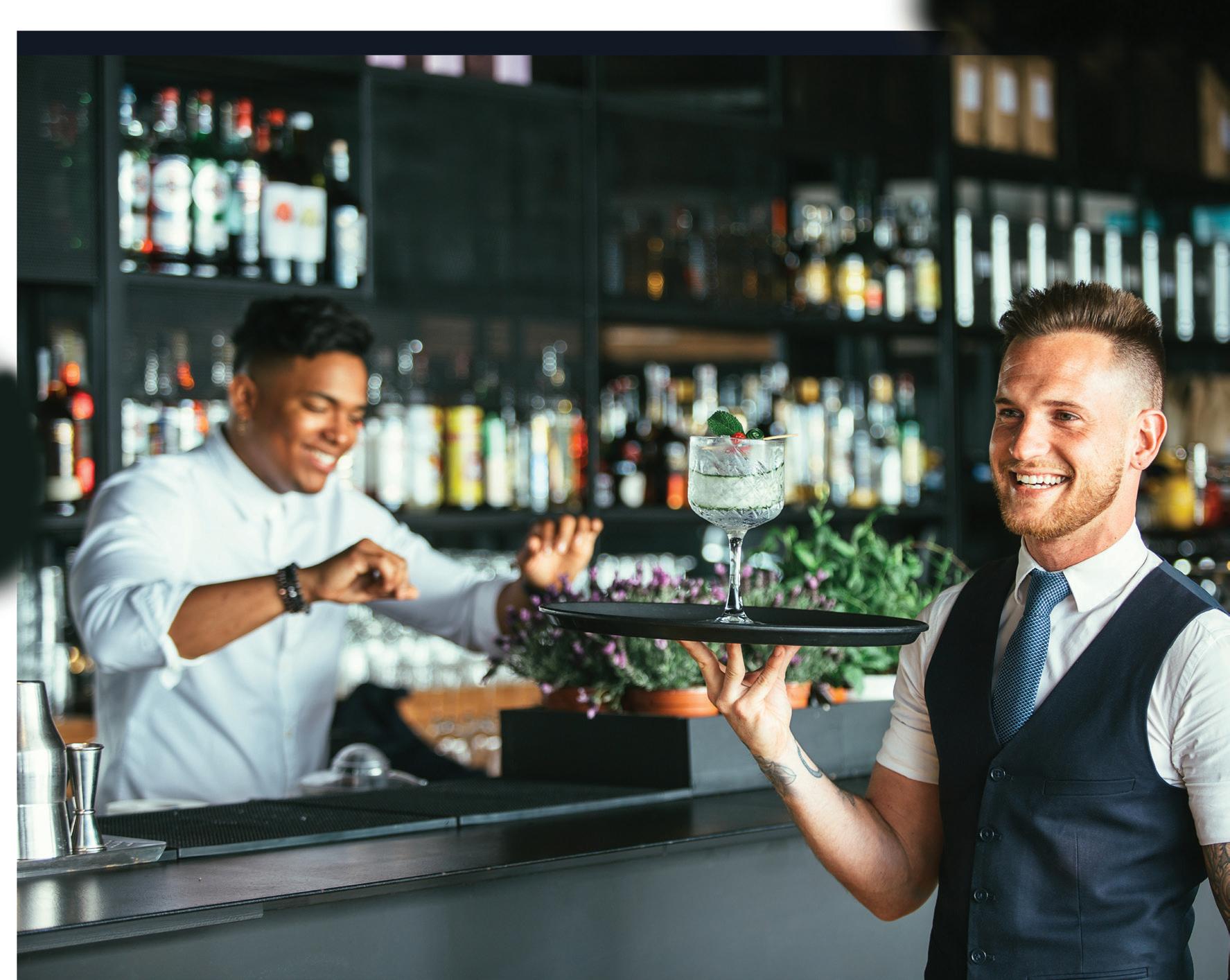
Licensing & Compliance
The permissions you need, handled with ease.
We help you secure alcohol and entertainment licences, and advise on health & safety and fire safety obligations. Our team also defends businesses where licence breaches or compliance issues are alleged.
Get in touch and find out more

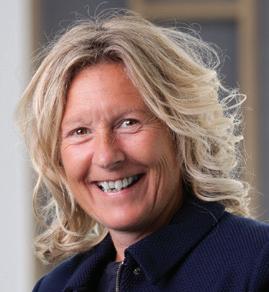
Linus Murray Licensing & Compliance, Commercial
linus.murray@mckees-law.com +44 2890 408765
Andrea McCann Employment, Licensing & Compliance
andrea.mccann@mckees-law.com +44 2890 408761

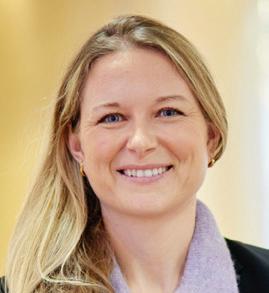
Niall McCavitt Commercial, Immigration & Working Visas
niall.mccavitt@mckees-law.com +44 2890 408759
Ashley Avery Data & Privacy, Employment
ashley.avery@footanstey.com +44 1174 038969
Nathan Peacey Advertising, Food Regulatory
nathan.peacey@footanstey.com +44 11 7915 4988 We
